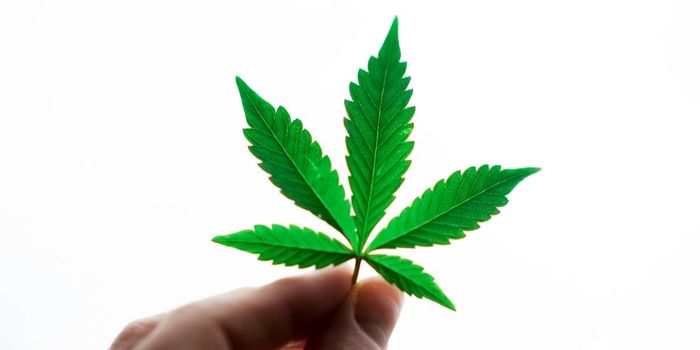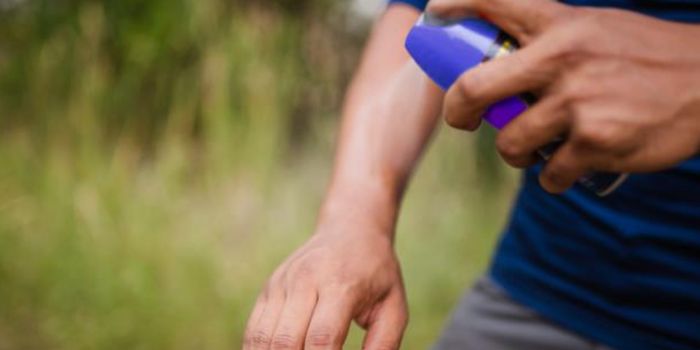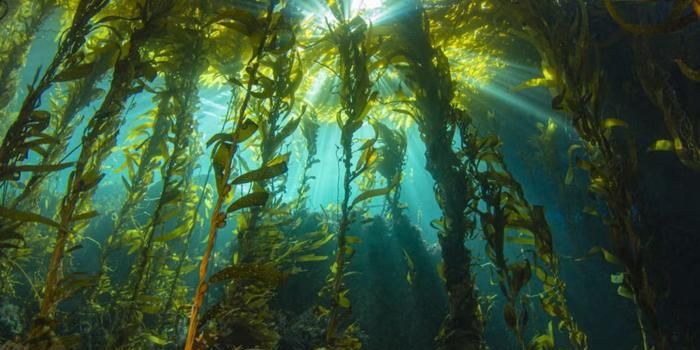Do Lizards Respond to Hurricanes With Rapid Natural Selection?
Do hurricanes induce rapid natural selection in tropical lizard populations? That’s the latest idea Harvard University researchers are bearing in mind after analyzing Caribbean anole lizards in the wake of hurricanes Irma and Maria in 2017.
Image Credit: Colin Donihue
The researchers had been studying the lizards before the hurricanes struck, but they conveniently returned just after the storms to assess any potential changes that may have resulted.
Their study, published in the journal Nature this week, notes how the lizards residing in these hurricane-prone areas post-devastation exhibited augmented tree-grasping capabilities that may be facilitated by larger toe pads and longer front limbs, among other things.
The toe pads of the surviving lizards were apparently anywhere from 6-9% larger than the average record noted before the storms. That said, we can infer from the numbers that these characteristics may improve survival in hurricane-like conditions.
To learn more, the researchers brought 100 Caribbean anole lizard specimens to the lab and rigged up a leaf blower system that could simulate hurricane-force winds.
Related: Say hello to the "mother of all lizards"
With safety nets in place to keep the lizards from flying to their demise, the researchers moved forward with wind tests in which they cranked up the speed of the leaf blower. The lizards grasped a pole in front of the leaf blower and held on tight; it wasn’t until the wind speeds reached a staggering 108 miles per hour that they couldn’t hang on anymore.
While the lizards’ back ends flapped in the wind, their front limbs did most of the work in keeping them anchored to the pole. As it would seem, Caribbean anole lizards’ beefier toe pads and longer front limbs could make all the difference in surviving a hurricane. Lizards that lack these favorable features probably don’t fare as well in hurricane-like conditions.
“I wasn’t really sure what to expect,” said study lead author Colin Donihue.
“To be honest, given how catastrophic hurricanes are, I thought it was plausible that survival would be random – that there wouldn’t be an advantage that would help the lizards survive.”
Related: Why do some lizards have green blood?
Upon learning that lizards of this caliber were more prevalent after the storms, it’s logical to think that these characteristics will continue through future generations. With that in mind, the study demonstrates that hurricanes might influence natural selection in lizards, and it’s one of the first studies ever to document this.
“I think we’ll find more and more of these studies coming out since extreme climate events are becoming more frequent and more severe,” Donihue added.
“Again, and again, we’re seeing that these extreme events can have an evolutionary impact.”
Since the results are based merely upon speculation at this point, it should be interesting to see whether future studies will reach the same conclusion, and furthermore, whether other animals undergo similar rapid natural selection events in response to catastrophic storms.
Source: The Atlantic, Popular Science









